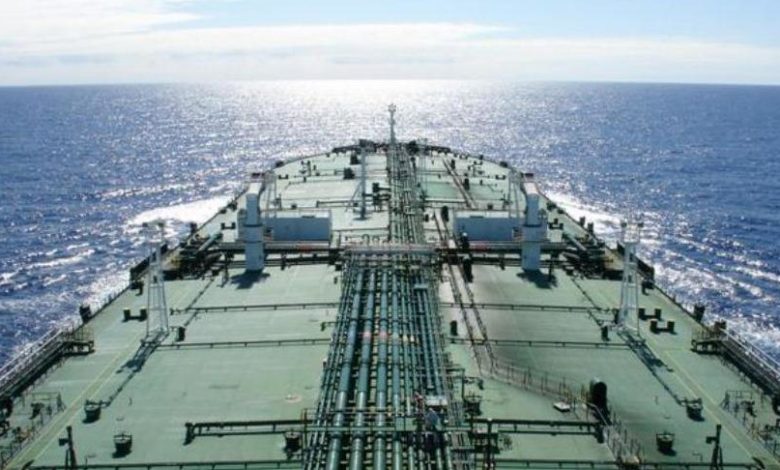
The global VLCC orderbook has seen a sizeable chunk removed this week.
South Korea’s Hyundai Heavy Industries and sister yard Hyundai Samho Heavy Industries have cancelled 10 VLCC construction contracts worth KRW980bn ($871.6m) due to the unspecified Oceanian client’s failure to pay downpayments on time. The orders were placed in November last year, split 70:30 in Hyundai Heavy’s favour.
Removing 10 VLCCs from the global orderbook is significant. Prior to Hyundai Heavy’s news yesterday, Alphatanker data showed there were just 86 VLCCs on order around the world.
VLCCs have started 2021 in dreadful fashion, notching up significant losses, with most market players warning there is unlikely to be any change of fortunes in the first half of the year.
A report from tanker specialists McQuilling last week projected spot market earnings for VLCCs to average a loss-making $9,400 per day in 2021 on a non-eco, no scrubber basis.
Hugo De Stoop, CEO of Belgian tanker giant Euronav, commented while unveiling Q4 results yesterday that present market conditions are amongst the “most challenging in recent memory” for crude tanker operators.
“Covid-19 restrictions continue to impact operations and more importantly the demand for crude oil. This has led OPEC+to extend production cuts. As a result, the market remains unbalanced with too many ships chasing too few cargoes,” De Stoop said.
South Korea’s biggest shipbuilder, Hyundai Heavy Industries, slumped to a 2020 loss of more than $700m, it revealed yesterday.
